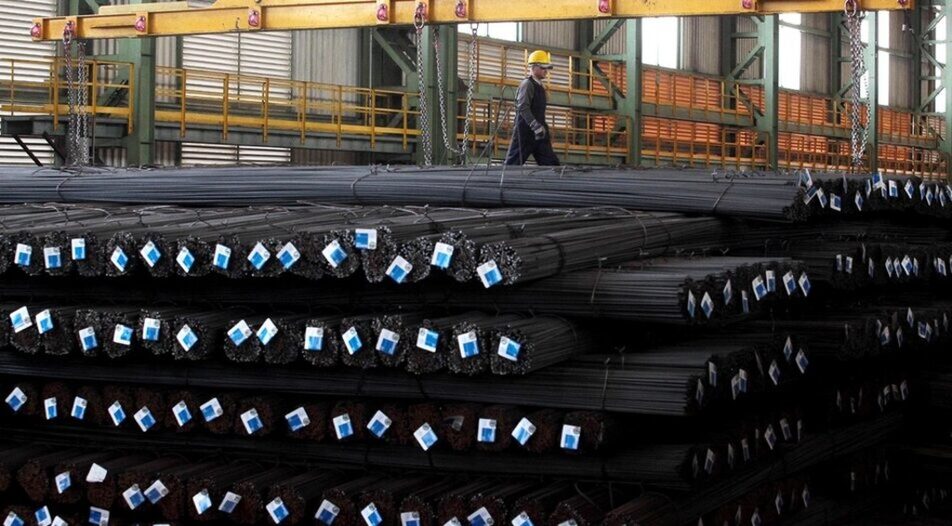Steel producers and traders, as well as construction companies, are facing shortages and rising prices. After the rapid hike in energy prices raised companies' costs in recent months, now the war in Ukraine and the Western sanctions against Russia have made things worse by limiting Europe's imports of raw materials and products. In line with the market trend, alternative sources have also become hard to access or too expensive. The effect is felt down the line and some building developers are freezing their projects.
Off the market
"When a large metal exporter like Ukraine is not in the market, shortages are inevitable," the chairman of the Bulgarian Association of the Metallurgical Industry, Anton Petrov, said. Besides finished products, Ukraine supplies some 15% of the iron ore used in Europe. Another 15% comes from Russia. "That makes a considerable share of raw materials - from ore to billets - that cannot be delivered to Europe. That results in higher demand for scrap metal, pushing its prices up," he added.
The shortage affects directly both steel makers in Bulgaria: Stomana Industry (part of Greece's Viohalco), which uses scrap metal, and Promet Steel near the city of Burgas. Promet is owned by Ukraine's Metinvest and uses Ukrainian steel billets, which are not being produced now.
The total output of Stomana Industry and Promet Steel is some 930,000 tonnes a year, according to 2020 data. Most of the steel is exported, mainly to Europe. Bulgaria also imports steel products (a touch above 1 million tonnes in 2020) from neighboring countries (Turkey, Greece, Romania and Serbia), as well as from Ukraine.
Petrov says there are also speculative reasons for the shortage of both raw materials and finished products at present, as many traders expect prices to rise further. At the same time the alternatives are scarce. "When demand is low, you can find regions with dumping prices. But that is not the case now," Petrov added. A possible source of steel deliveries is Turkey, which is a huge producer. However, prices there have surged drastically because of stronger demand.
Down the line
With supply chain disruptions pushing steel prices up, the construction industry is facing one of the most serious challenges in recent years, says Maya Pencheva, CEO at Glavbolgarstroy. In her words, steel prices have jumped nearly 20% within a week. "In order to buy steel, you have to pay 100% in advance and you still have no guarantee, because the steel is transported across the Black Sea," she explained.
It is the same situation throughout the region, as shortage in one place immediately affects demand in another. As a result, producers in Turkey and Iran have also started raising their prices. Besides, Pencheva believes they have too many inquiries and will hardly be able to fulfil all orders. Expensive fuels and transportation make deliveries from more distant countries pointless.
But it is not only steel: construction materials like timber, aluminum and concrete have also appreciated. "It was a 30% hike before the war and now nobody can say how big it is. The only buffer we have in investment construction is not selling: we build, calculate the costs and then decide at what price to sell," Pencheva explained.
The constant price changes have made some developers reconsider or shelve their projects. Others are trying to optimize costs. The problem is that it is the indispensable basic materials that have appreciated.
Nobody can say when the price rally will stop, as it is to a large extent connected with the situation in Ukraine. After the blow delivered by the energy price hike, the increase in the prices of steel and other materials will additionally affect companies. And it may even force some European producers to shut down.
Steel producers and traders, as well as construction companies, are facing shortages and rising prices. After the rapid hike in energy prices raised companies' costs in recent months, now the war in Ukraine and the Western sanctions against Russia have made things worse by limiting Europe's imports of raw materials and products. In line with the market trend, alternative sources have also become hard to access or too expensive. The effect is felt down the line and some building developers are freezing their projects.












